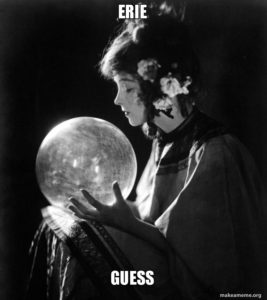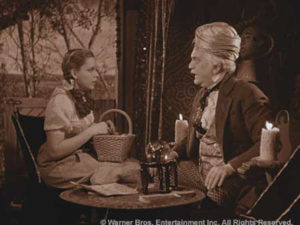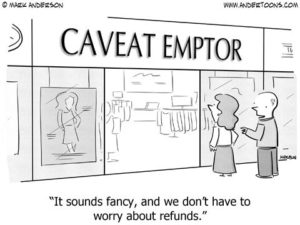A steady flow of mortgage servicing cases in 2013 continued with Smith v. JPMorgan Chase (March 22, 2013, unpublished). In affirming summary judgment for the lender on several issues, the Court made two holdings of note. First, an incomplete RESPA response, provided less than sixty days before suit was filed, could not support a contract or negligent misrepresentation claim when it caused no damage. Second, the statement: “Defendants’ agents made harassing phone calls 8-10 times per day. I quit answering our phone, but the constant ringing caused us to have to unplug our home phone and to only use our cell phones” did not raise a fact issue on a claim of unreasonable collection efforts, when “Defendants’ detailed call records, on the other hand, indicated that calls were not answered, phone numbers were disconnected, and messages were left, but, on days when there were multiple calls, only two calls were made.”
 In Schmidt v. Rechnitz, the Fifth Circuit affirmed the bankruptcy court’s decision allowing a trustee to recover $10.3 million transferred to Shlomo and Tamar Rechnitz as part of a fraudulent scheme orchestrated by Mark Nordlicht, who had defrauded Black Elk Energy’s creditors.
In Schmidt v. Rechnitz, the Fifth Circuit affirmed the bankruptcy court’s decision allowing a trustee to recover $10.3 million transferred to Shlomo and Tamar Rechnitz as part of a fraudulent scheme orchestrated by Mark Nordlicht, who had defrauded Black Elk Energy’s creditors. In Schmidt v. Rechnitz, the Fifth Circuit affirmed the bankruptcy court’s decision allowing a trustee to recover $10.3 million transferred to Shlomo and Tamar Rechnitz as part of a fraudulent scheme orchestrated by Mark Nordlicht, who had defrauded Black Elk Energy’s creditors.
In Schmidt v. Rechnitz, the Fifth Circuit affirmed the bankruptcy court’s decision allowing a trustee to recover $10.3 million transferred to Shlomo and Tamar Rechnitz as part of a fraudulent scheme orchestrated by Mark Nordlicht, who had defrauded Black Elk Energy’s creditors.




 ned to the “good faith” defense to a claim under the Texas Uniform Fraudulent Transfer Act – a defense that potentially allows an innocent third-party to retain the benefit of a transfer made by a debtor with intent to defraud creditors. The specific question was whether the Texas Supreme Court would accept a “futility” defense to inquiry notice, and the Court concluded that it would not: “No prior court considering TUFTA good faith has applied a futility exception to this exception, and we decline to hold that the Supreme Court of Texas would do so. Transferees seeking to retain fraudulent transfers might offer up evidence of undertaken investigations to prove a reasonable person’s suspicions would not have been aroused when the transfer was received. But the fact that a fraud or scheme is later determined to be too complex for discovery does not excuse a finding of inquiry notice and does not warrant the application of TUFTA good faith.” No. 17-11526 (Jan. 9, 2019).
ned to the “good faith” defense to a claim under the Texas Uniform Fraudulent Transfer Act – a defense that potentially allows an innocent third-party to retain the benefit of a transfer made by a debtor with intent to defraud creditors. The specific question was whether the Texas Supreme Court would accept a “futility” defense to inquiry notice, and the Court concluded that it would not: “No prior court considering TUFTA good faith has applied a futility exception to this exception, and we decline to hold that the Supreme Court of Texas would do so. Transferees seeking to retain fraudulent transfers might offer up evidence of undertaken investigations to prove a reasonable person’s suspicions would not have been aroused when the transfer was received. But the fact that a fraud or scheme is later determined to be too complex for discovery does not excuse a finding of inquiry notice and does not warrant the application of TUFTA good faith.” No. 17-11526 (Jan. 9, 2019).







